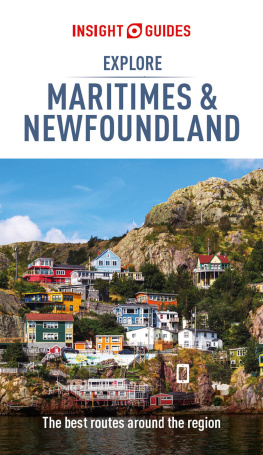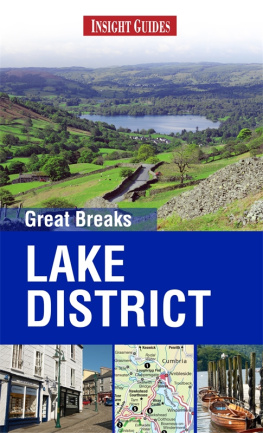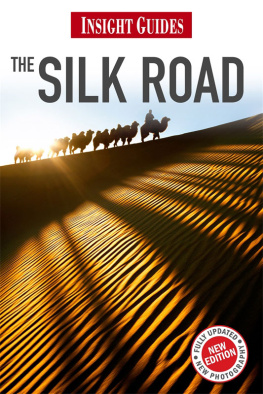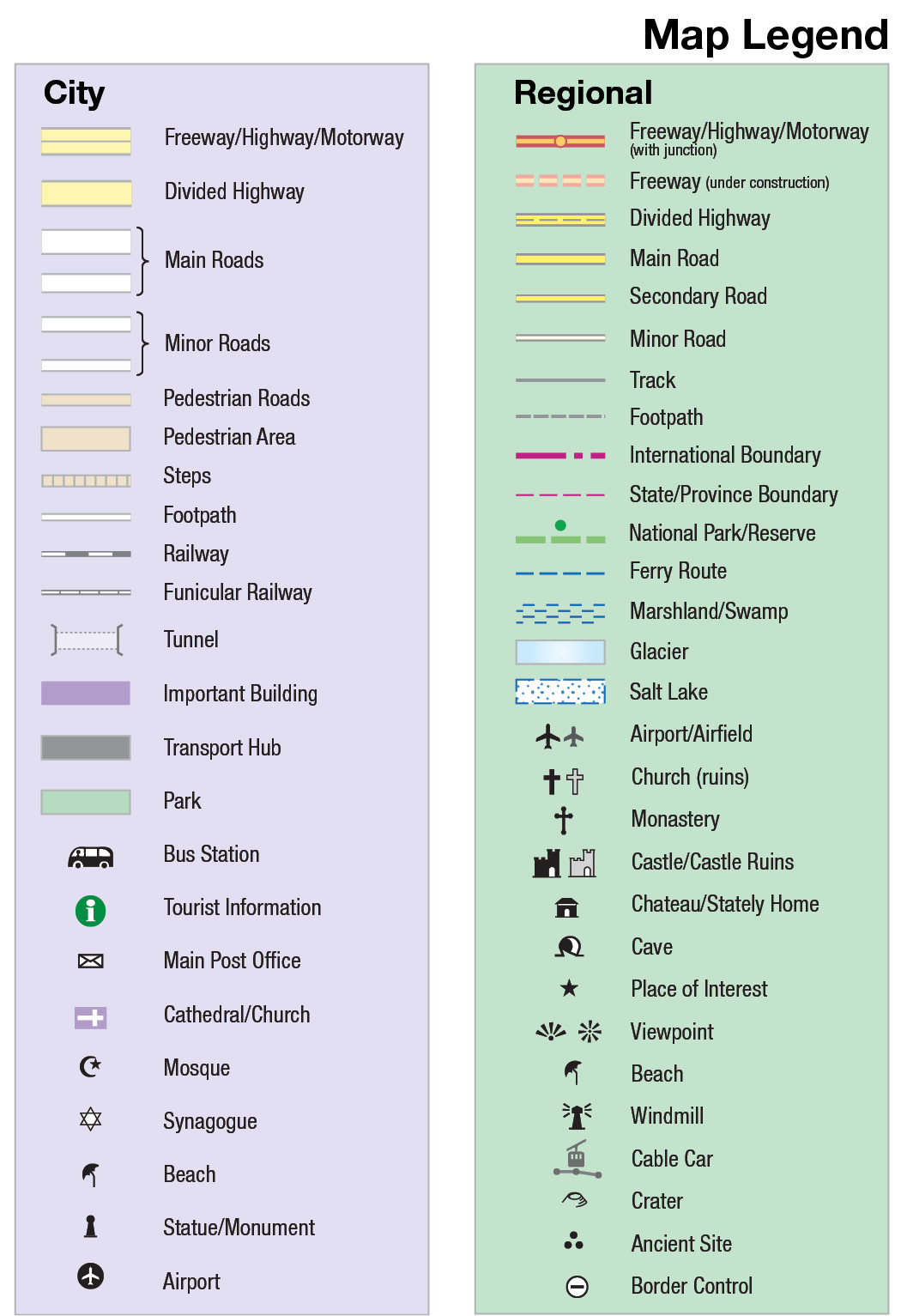After 40 centuries of introspection, China is now helping to define the worlds future, whether were ready or not.
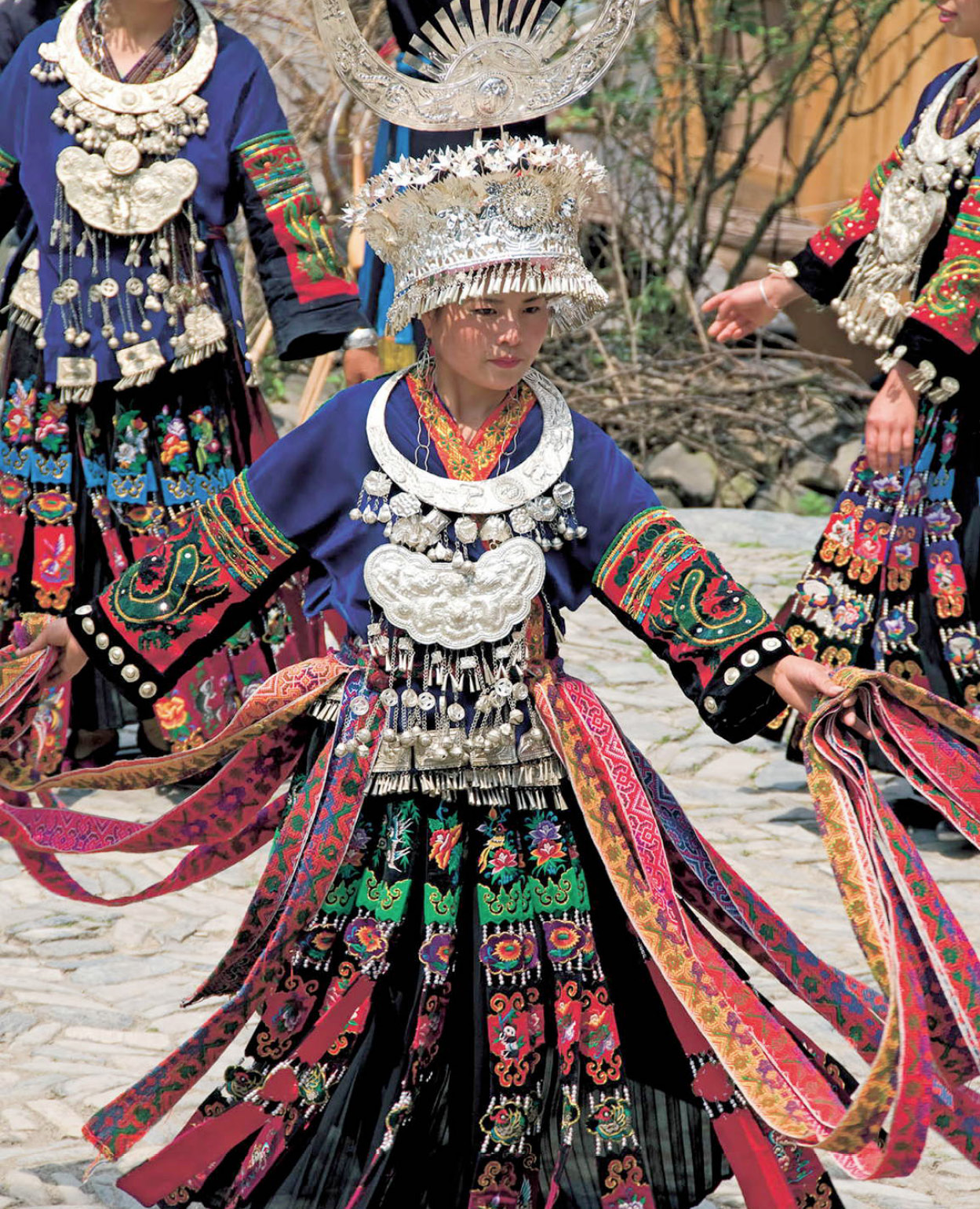
A Miao lusheng festival in Guizhou province.
David Henley/Apa Publications
China is a land of superlatives. The most populous country on earth with the second-largest economy, it claims the worlds longest continuously recorded history: the precociously advanced civilisations of its distant past have given humanity some of its most significant scientific and technological inventions. After an extended period of decline and turmoil, China has risen to become a economic superpower at dizzying speed, hosting a successful Olympic Games and weathering a global economic crisis along the way. Challenging to interpret, impossible to ignore China has arrived on the global stage and invites you to marvel at its achievements.
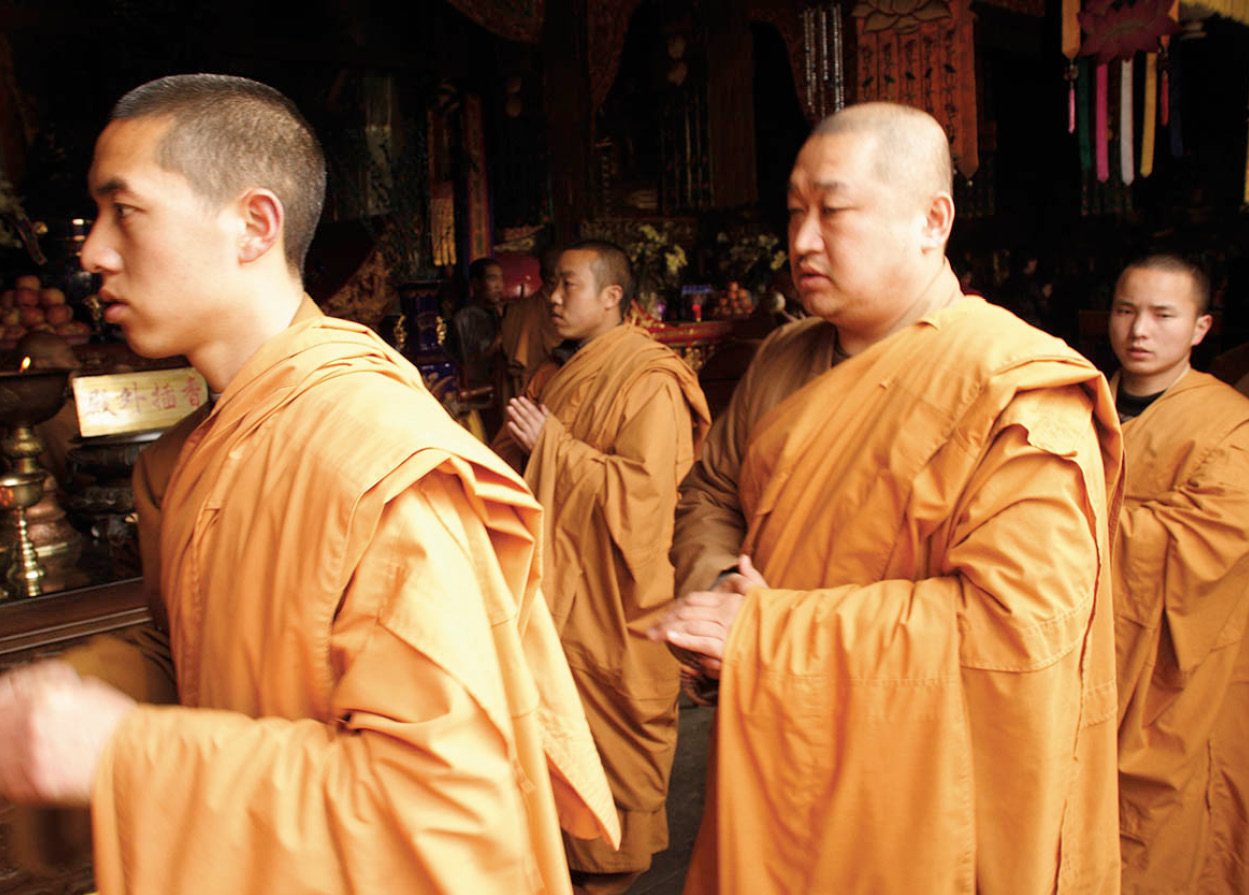
Buddhist monks at Wutai Shan, one of Chinas sacred peaks.
Brice Minnigh/Apa Publications
The name China, as used in the West, can be traced back to the Qin dynasty (221206 BC), when the concept of a unified China became reality. The land was variously known as Tschin, Tschina or Tzinistan, and later Cathay, in the Indo-Germanic languages, while to the Chinese themselves it has always been, simply, Zhongguo the Middle Kingdom.
In Beijings Temple of Heaven a marble altar signifies the centre of the known ancient world, a place that only the emperor was allowed to enter. According to the world-view of ancient China, the Middle Kingdom lay precisely below the centre of the firmament. The further one was from the emperors throne, the lower one was in the cosmic hierarchy. The unfortunate people and cultures living on the dark peripheries of the earth, especially to the gloomy north and the arid west, and to Europe beyond, were considered barbaric.
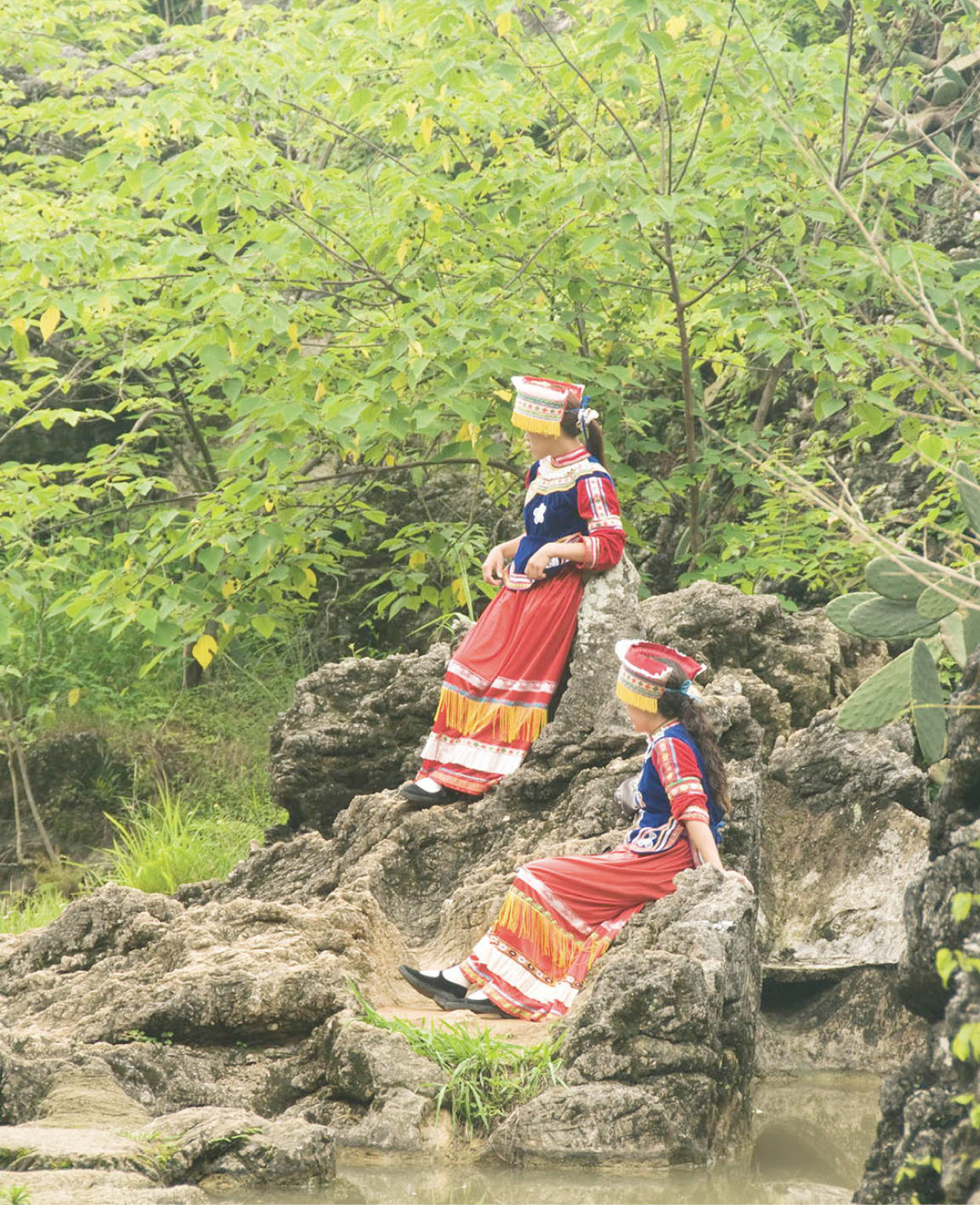
Buyi minority women in Yunnan province.
David Henley/Apa Publications
For centuries, Europeans similarly regarded China as near the edge of the known world; admittedly the Middle Kingdom was an empire of magnificence and cultural interest, but of little importance to the world scheme. Much later, Western analysts and pundits referred to China as a sleeping giant, or more lyrically, a sleeping tiger or dragon. Modern China, now wide-awake, is a global power helping to shape the new millennium.
Yet this role is not something with which the country is comfortable or experienced: for most of its existence China has turned its back on the world and focused inward, like a tai chi student seeking a centred stability. China may be learning fast, but the nations emergence onto the world stage has not been without its difficulties.
Since the end of World War II, the countrys population has more than doubled to 1.3 billion people. Although only approximately 7 percent of Chinas land is suitable for agriculture, a fifth of the worlds people must subsist on it. Finding employment for such a large section of humanity is a further headache: with the boom in the Chinese economy in recent years, the government has to do all it can to sustain employment levels in the new industries.
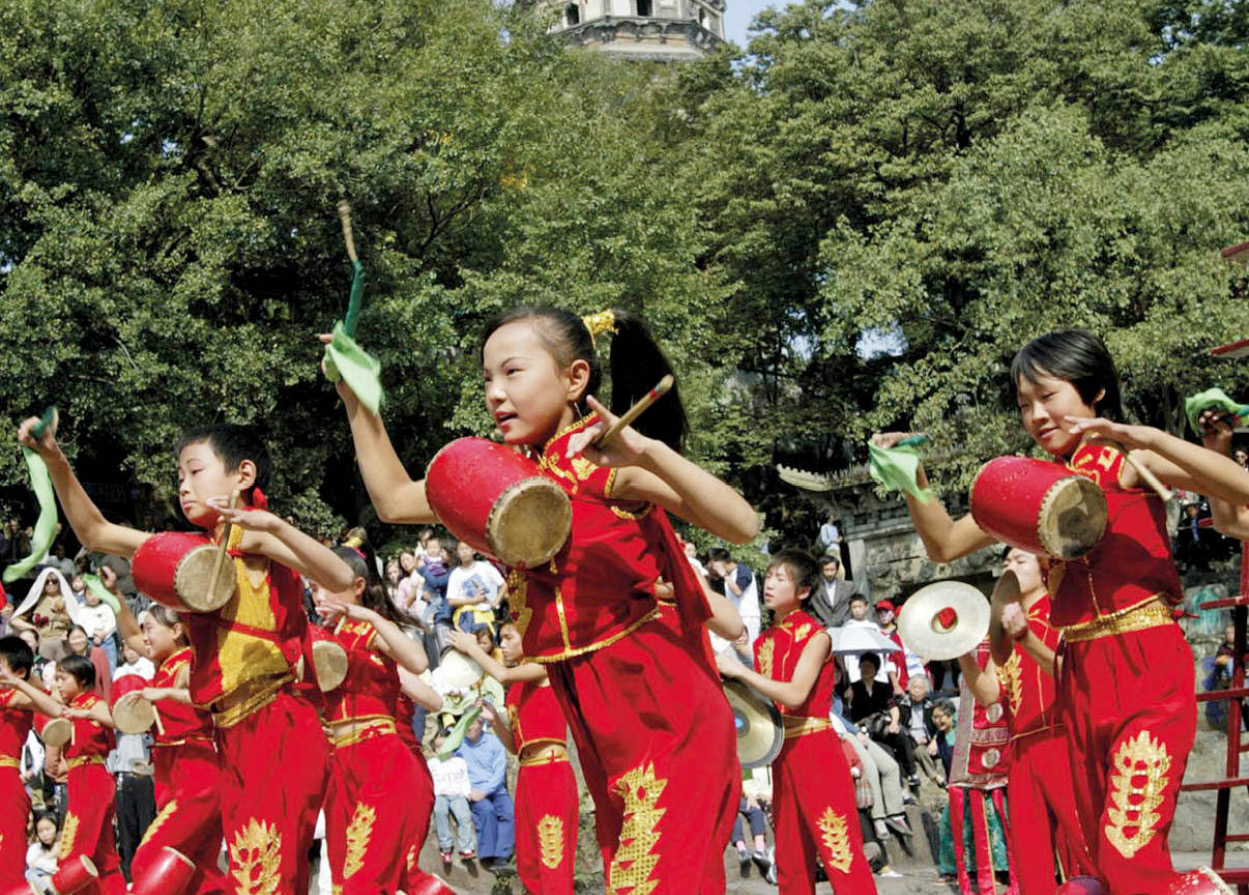
A cultural performance in Suzhou, one of Chinas most popular tourist resorts.
David Shen Kai/Apa Publications
Travellers to Chinas large cities will see the results of accommodating the explosive demographic, and economic, growth: monochromatic, concrete cities veiled with the smoke of pollution, and legions of men from the countryside looking for work. Travellers will also see increasing affluence as the growth of the consumer society continues to eradicate the austerity of the past. The standard of living has improved exponentially for many in recent years, particularly in the prosperous coastal cities. The ruling Communist Party the social and economic system is, of course, far from communist these days, yet the one-party state remains is intolerant of political diversity or dissent.
Economics and politics aside, it is the land and peoples of China that enthral. A baffling hotchpotch of dialects unified by a common script, China is a fantastic and unique journey. From the mountain fastness of Tibet in the west to the affluent eastern coastline, from the dry northern heartlands to the resourceful and fertile south, China is a constantly engaging and challenging destination. Seeing is easy, learning is hard goes an old Chinese proverb. The insightful traveller must necessarily realise and acknowledge that China simply is China.



